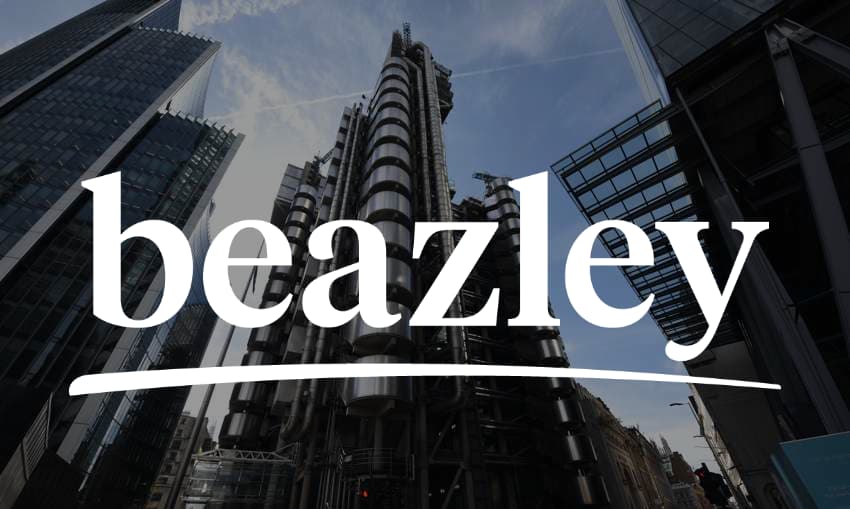Halloween is less than a week away, and with the scariest night of the year on the horizon, we wanted to settle in and tell some fintech ghost stories. These ghosts won’t be too spooky– they are more like a walk down memory lane than a visit to a haunted house.
Here’s a look at four fintech ghosts that have come and gone, but still haunt our memories:
Coin
Coin was founded in 2012, offering consumers a single, electronic payment card where they could store their multiple debit, credit, gift, loyalty, and membership card numbers. For $50, users could sign up for the waitlist, but many who paid upfront never received their card.
What happened
Coin had a very long waitlist, and while there was much initial excitement about the card, the enthusiasm faded for many after realizing they may never receive their card. The real death knell for Coin was that it only worked 80% to 90% of the time. As Finovate Founder Jim Bruene pointed out in his post about the card, “… no one wants to be that guy holding up the checkout line with his fancy black card.” Coin closed in 2016.
BillGuard
BillGuard suffered a slower death than most fintech ghosts. Founded in 2010, the company offered consumers a mobile app to access spending analytics, credit scores, payment details, transaction maps, and data breach alerts.
What happened
The functionality BillGuard offered was perfectly suited for fintech’s personal financial management (PFM) era. The company had kept up with evolving consumer expectations of the time, adding fraud alerts and personalized offers. When peer-to-peer lending company Prosper acquired BillGuard for $30 million in 2015, the fintech community had high hopes for the tie-up, thinking Prosper would add PFM capabilities and become a Credit Karma competitor. Two years later, however, after rebranding the BillGuard app to Prosper Daily, Prosper shut down the financial wellness app, shuttering all of its potential and erasing users’ history.
iQuantifi
iQuantifi was founded in 2009 to enable financial institutions to offer a virtual financial advisor, adding wealth management to their offerings. In 2014, the company launched a consumer-facing virtual financial advisor tool to help users identify, prioritize, and achieve their financial goals with a personalized plan. The company had raised $3.7 million.
What happened
iQuantifi showed plenty of promise. The company had formed an aggregation partnership with MX to offer millennial users a lower-cost option to managing their finances. iQuantifi even earned a spot to participate in the Plug-and-Play fintech accelerator. In 2019, however, the company was charged with selling unregistered securities to investors that were ineligible to purchase shares in the offering. Between 2013 and 2019, iQuantifi raised $3.5 million from over 50 unaccredited investors. The U.S. Securities and Exchange Commission (SEC) ordered iQuantifi and its founder to cease and desist from committing violations and pay a $25,000 civil penalty. The company closed in 2019.
ZELF
ZELF was launched in 2019, right as the digital banking craze was taking off. The fintech was geared toward serving millennial and Gen Z users in the E.U. and U.S. ZELF billed itself as the “Bank of the Metaverse” where users could bank their gaming coins, NFTs, and fiat– all anonymously with no social security, ID, or selfie required.
What happened
ZELF is a good cautionary tale of what happens when you combine crypto, fiat, the metaverse, and anonymity. Because of blatant KYC and Patriot Act violations, the company’s partner bank, Evolve Bank & Trust, pulled the plug on ZELF a day-and-a-half after its official launch day. ZELF closed down in December 2022.
Photo by Daisy Anderson







































